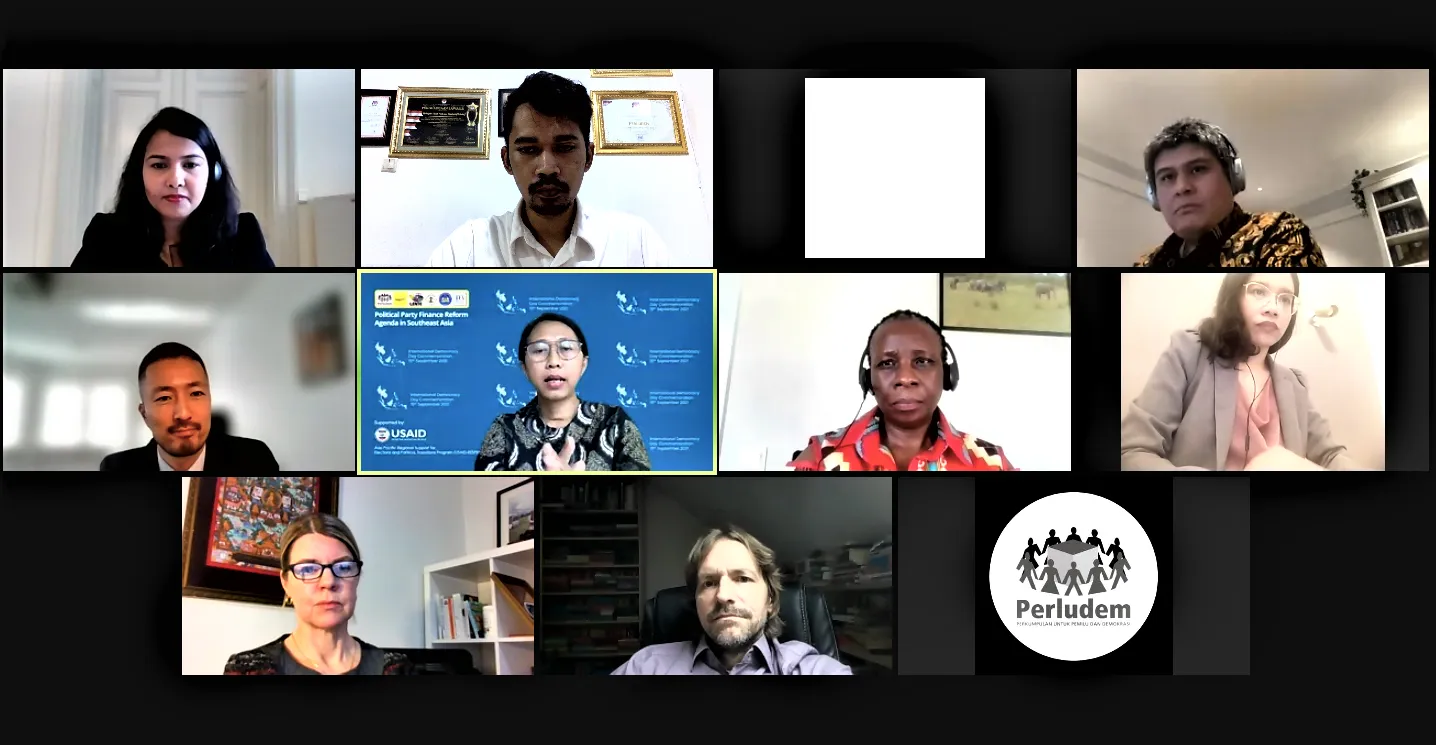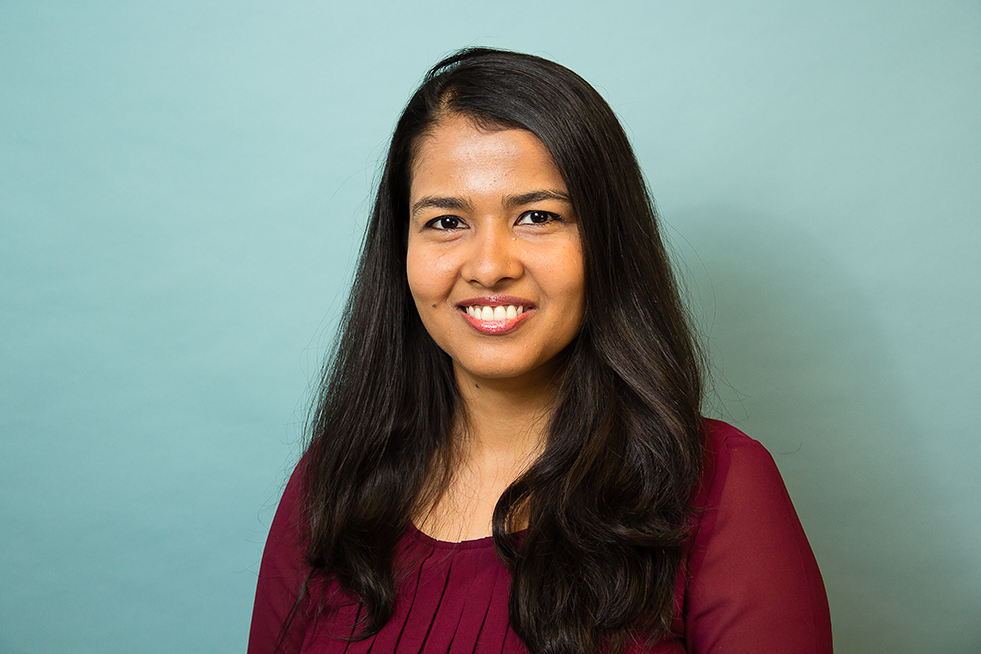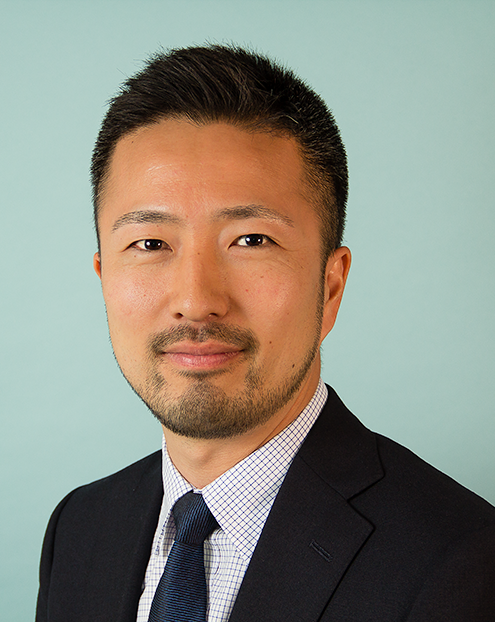Reforming Political Finance Systems in Southeast Asia: Towards Greater Transparency and Accountability

To mark the International Democracy Day commemorated annually on 15 September, International IDEA, together with Perludem—a leading civil society organisation based in Indonesia—organized the International Conference on “Reforming Political Party Finance Systems in Southeast Asia: Towards Greater Transparency and Accountability” on 13 September 2021.
The event brought together a number of global experts and regional practitioners to analyse and discuss the challenges of political party finance reform in Southeast Asia and strategies to improve the effectiveness of political finance systems in the region. The discussion was also informed by the findings of the latest report “Political Party Finance Reform in Southeast Asia” which was co-authored by International IDEA and launched in the margins of the event.
The event was opened by Ms Khoirunnisa Nur Agustyati (Executive Director of Perludem, Indonesia) and Ms Leena Rikkilä-Tamang (Regional Director for Asia and the Pacific, International IDEA), highlighting the importance of effective political finance regulations in any democracy. The report “Political Party Finance Reform in Southeast Asia”, launched at the event, is a first-of-its-kind to provide a thorough comparative assessment of political finance systems in Indonesia, Malaysia, the Philippines and Timor-Leste. The following panel discussion, moderated by Ms Khushbu Agrawal, Programme Officer at International IDEA, highlighted common political finance challenges in the region as well as provided good practices from other countries in order to mitigate corruption risks in the flow of money in politics.
Overall, the panelists agreed that whilst certain progress has been made in the region in order to improve transparency and accountability in political finance, problems persist when it comes to oversight capacity, as well as making political finance inclusive for women and other underrepresented groups. For example, Dr Andreas Ufen, Senior Research Fellow of the GIGA Institute for Asian Studies highlighted “Especially in hybrid regimes, the electoral contestation is very strong and at the same time democratic institutions, oversight agencies or courts, for example, are typically quite weak.”
Dr Deasy Simandjuntak, Associate Fellow at the ISEAS-Yusof Ishak Institute also noted the close ties between political parties and business interests in the region, which are combined with weak oversight mechanisms increases the risk of corruption. While there is a case for increasing public funding for political parties in the region, she stated that “the most important thing is to ensure that there is accountability underpinned by thorough political finance oversight”, stressing that political finance reports need to be audited and made public for the scrutiny. She also stressed the need for regional inter-agency cooperation to strengthen the reform efforts.
Ms Rumbidzai Kandawasvika-Nhundu, Senior Advisor for Democracy and Inclusion at International IDEA, added that it is not sufficient to just increase public funding to political parties. To promote the inclusion of women and other underrepresented groups in politics, certain portions of public funding should be used to support the political participation of these groups. She added that much is to be gained in this respect in Southeast Asia.
Finally, Dr Yukihiko Hamada, Programme Manager of the Money in Politics programme at International IDEA, stressed the need to pay heed to emerging issues such as the regulation of third-party campaigning and political parties’ spending on online advertisements. In order to respond to today’s policy challenges, he added that political finance regulation needs to be placed in a much broader anti-corruption strategy that incorporates improved inter-agency cooperation.
This webinar was the first in a series of conferences to be organized by Perludem and its partners between the months of September and October, primarily to disseminate the findings of the country-specific papers focusing on Indonesia, Malaysia, the Philippines and Timor-Leste. Both the report “Political Finance Reform in Southeast Asia” and the recording of the event are now available online.





